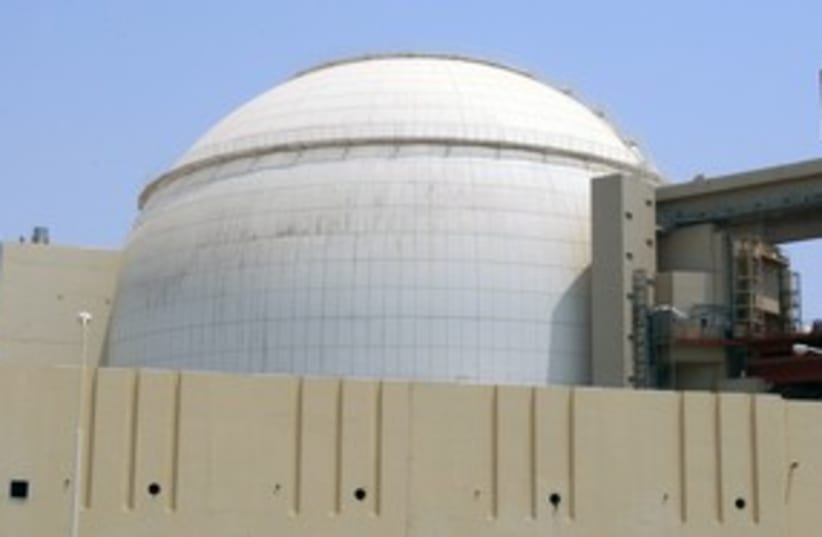US Congress will not wait to push ahead with sanctions on Iran
White House says that it would consider sanctions relief if Iran offered "concrete verifiable measures" on its nuclear program; Netanyahu tells delegation of US congressmen that sanctions relief against Iran would be huge mistake.
